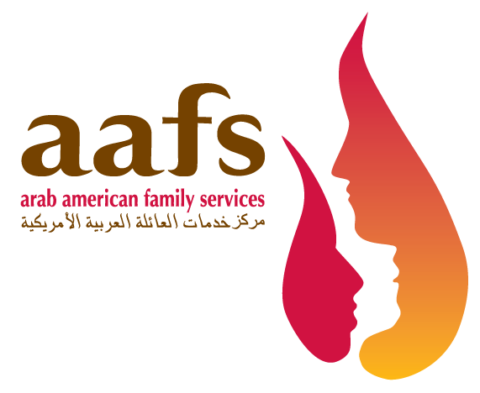At Arab American Family Services, we are no stranger to the changes that take place in just one meeting with a client. Often times, clients come in seeking assistance in one aspect of the many services we provide, only to find out that they are eligible for multiple program assistance.
Recently, we met a 28-year-old-single mother with 3 children. She had come to AAFS to get help applying for food stamp benefits, since she was low income.
Client walked in to the office to apply
After a brief discussion and asking her various questions to evaluate her eligibility, we found out that she was facing many personal struggles in her life. The story began to come together and it became more apparent why she was struggling so much.
Her husband was physically and mentally abusive. Unfortunately, much of the abuse took place in front of their young children. He had also been carrying on another relationship with a woman, who he also had children with. All this was brought to her attention years after they were married.
But to her, the main concern was the safety and well-being of her children.
We informed her about benefits that would be applicable to her and her children, such as Medicaid and SNAP benefits.
We also made a call to the Department of Human Services in regards to her case. Unfortunately, her Medicaid benefits were listed under her husband’s name.
She was able to supply all the information and paperwork needed for her case, including proof that she had custody of her children, the schools they were attending.
We submitted all the documents, as well as the SNAP application.
After about two weeks, the client received a letter that her children have been receiving benefits for a long time. We called the DHS office and the caseworker informed us that her ex-husband was receiving $1500 a month on behalf of the children, none of which had been actually going to the children.
When the client confronted her husband he abused her right in front of her children. The client called AAFS for advice. She came in and we were able to have the case transferred to the domestic violence section of DHS.
DHS office was able to cancel the case for the husband, and the client informed of all her rights. She was given the funding that was necessary to help her children in order to support and protect her and them.

